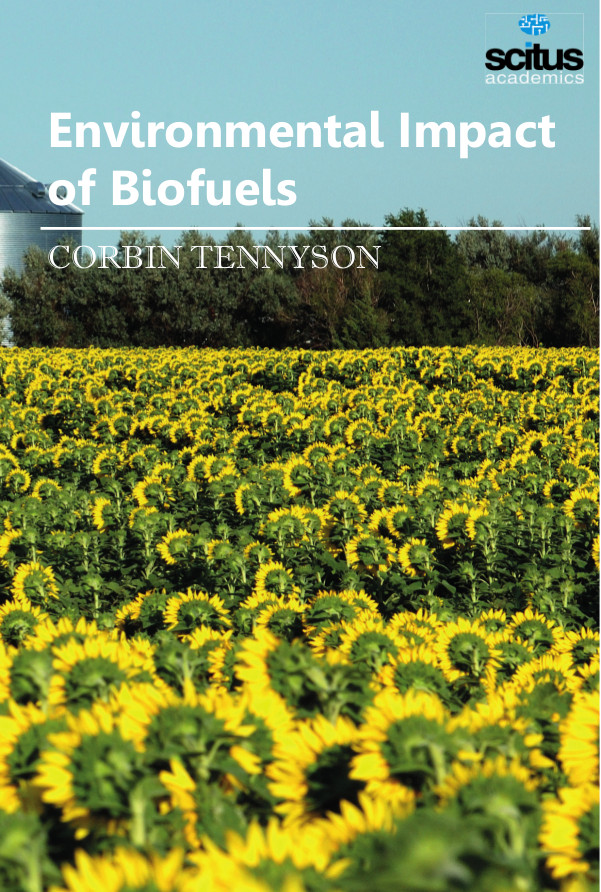A biofuel is a fuel that is produced through contemporary biological processes, such as agriculture and anaerobic digestion, rather than a fuel produced by geological processes such as those involved in the formation of fossil fuels, such as coal and petroleum, from prehistoric biological matter. Although biofuel is fast emerging as the oil of the future, a number of environmental effects of biofuel are also surfacing associated with its use. These biofuel environmental effects potentially include decrease in greenhouse gas emissions, deforestation, pollution and the rate of biodegradation. Biofuels are only one component of a range of alternatives for mitigating greenhouse gas emissions. Whether using biodiesel is able to lower greenhouse gas emissions as compared to the fossil fuels may depend on many factors. Carbon dioxide is known to be one of the major greenhouse gases.
The plant feedstock used in the making biofuels absorbs carbon dioxide from the atmosphere when it grows and once the biomass is converted into biodiesel and burnt as fuel, the energy released is used to power an engine while the carbon dioxide is released back into the atmosphere. There can be grave effects of biodiesel fuel on environment if deforestation and monoculture farming techniques are used to grow biofuel crops. It may damage the ecosystems and biodiversity and increase the emission of climate change gases rather than helping controlling them. To meet the demand for cheap oil from the tropical region, the amount of arable land is being extended in order to increase production at the cost of tropical rainforest. Another of the environmental effects of biodiesel fuels can be seen in its biodegradation rates, which are five times faster than petroleum diesel over a period of 28 days. Biodiesel fuel blends can also accelerate the rate of petroleum diesel degradation through co-metabolism. Toxicity studies have revealed no mortalities and any toxic effects of biodiesel fuel on environment. This book, Environmental Impact of Biofuels, aims to be a comprehensive summary of current biofuels issues and thereby contribute to the understanding of this important topic. This book is recommended for anyone interested in understanding this diverse and developing theme..













